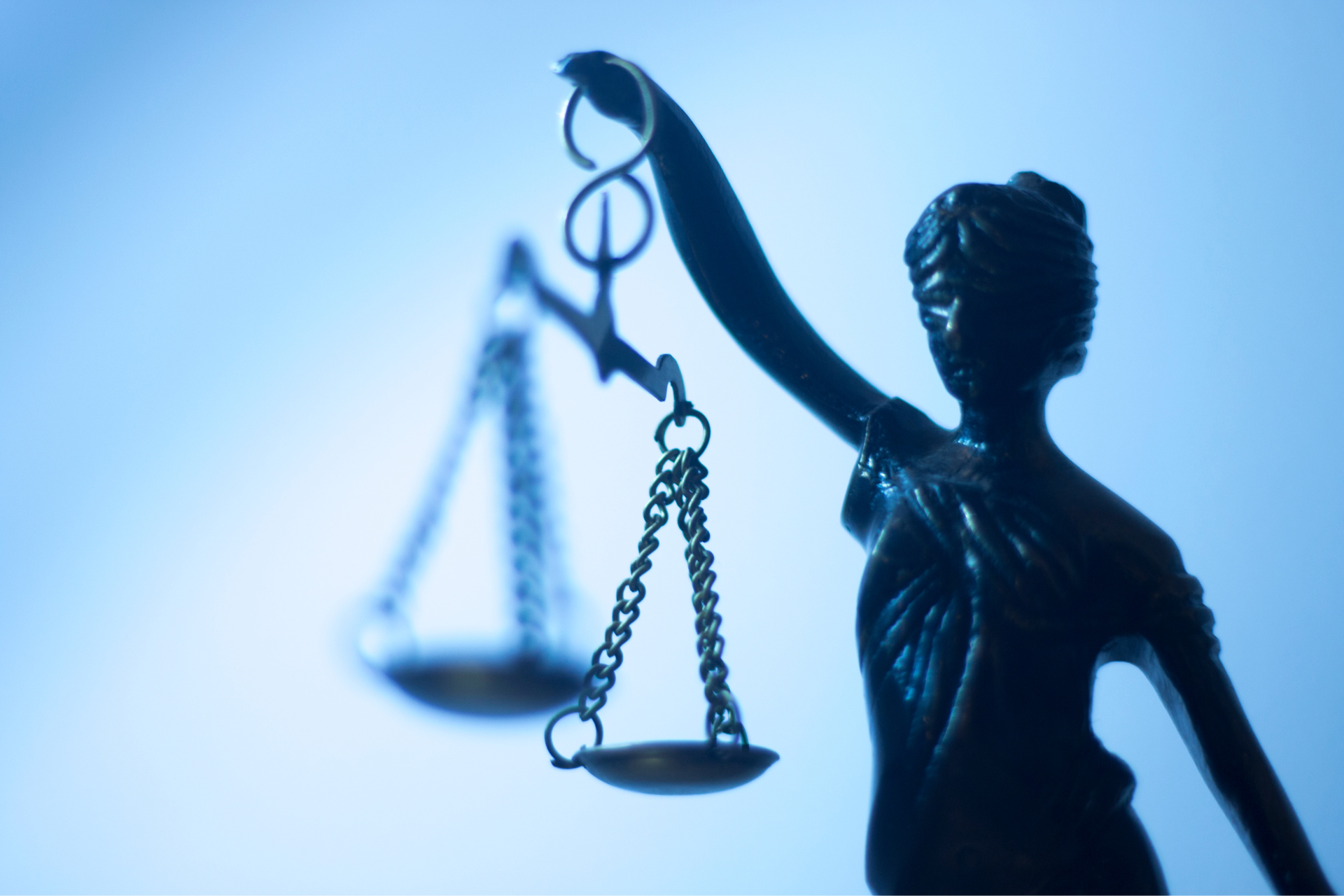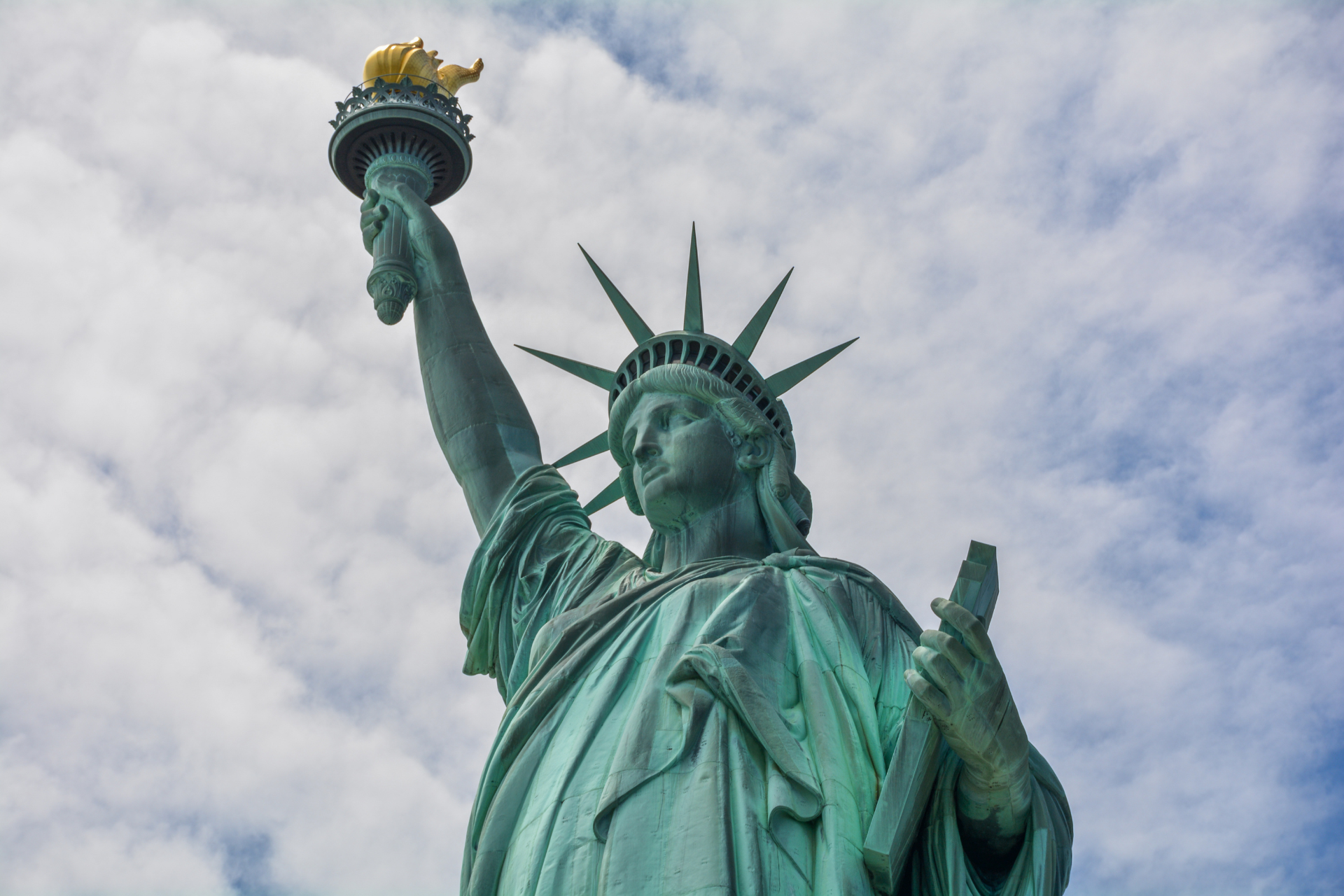Sandy Malone, a wedding planner in Puerto Rico, has shared a touching story in the Huffington Post on the human impact of Puerto Rico’s fiscal crisis.
She tells the tale of a young policeman in Puerto Rico who has two children — and stage 3 lung cancer. After four months of attempts to gain medical care in Puerto Rico, the system had failed him. Flying to New York to visit his family saved this officer’s life. Her point: there’s a lot of press coverage about Puerto Rico’s fiscal difficulties, but not much about the effect of Puerto Rico’s financial crisis on the people who live in Puerto Rico. “Everyone is worried about the money, not the people,” she explains, and “Puerto Rico’s lack of medical care for its American citizens is literally killing them.”
Puerto Rico is not treated fairly under government medical programs. Members of Congress have called on the U.S. government for equality in Medicare funding and within the federal healthcare system generally, but the gap continues. And the consequences are severe.
Some of the issues regarding medical care in Puerto Rico:
- Doctors are leaving Puerto Rico is such numbers that there is a shortage of doctors.
- Puerto Rico’s air ambulance service, a necessity because of poor roads and rural populations, is threatened.
- Puerto Rico’s government must pay more for Medicaid and Medicare programs than States do, and the government is in no position to cover the costs… so there will be cuts.
Malone puts it in perspective.
The United States sent more medical equipment, doctors and assets to Haiti after its earthquake, and to Japan after its tsunami, than they provide to Puerto Rico’s American citizens. Puerto Ricans who can afford to leave the island to seek medical care do so immediately; those who can’t are at the mercy of outdated equipment and overloaded, understaffed hospitals.
Malone goes into detail on the single case she’s writing about, but she is certainly aware that the problem is not limited to certain individuals. She points out that Puerto Rican hospitals require patients to bring their own blankets and pillows, that equipment is outdated and often not functional, that results of lab tests take weeks to arrive.
Puerto Rico’s medical professionals are often trained on the U.S. mainland. They share their patients’ frustration, and many are solving their own frustration by leaving the island and taking jobs in the States — an understandable response, but one which increases rather than decreases the troubles in health care.
As Sandy Malone points out,
Puerto Rico is broke and that’s a huge problem, but before anybody can restructure the government to make it work, we have to help keep our American citizens alive on this island. And right now, the United States is failing its citizens. Because that’s what all of the residents of Puerto Rico are – we are Americans.
To help the police officer and his family, click here.



Let the truth be told…
Equal Rights for Puerto Rico
Shame on you USA!!!